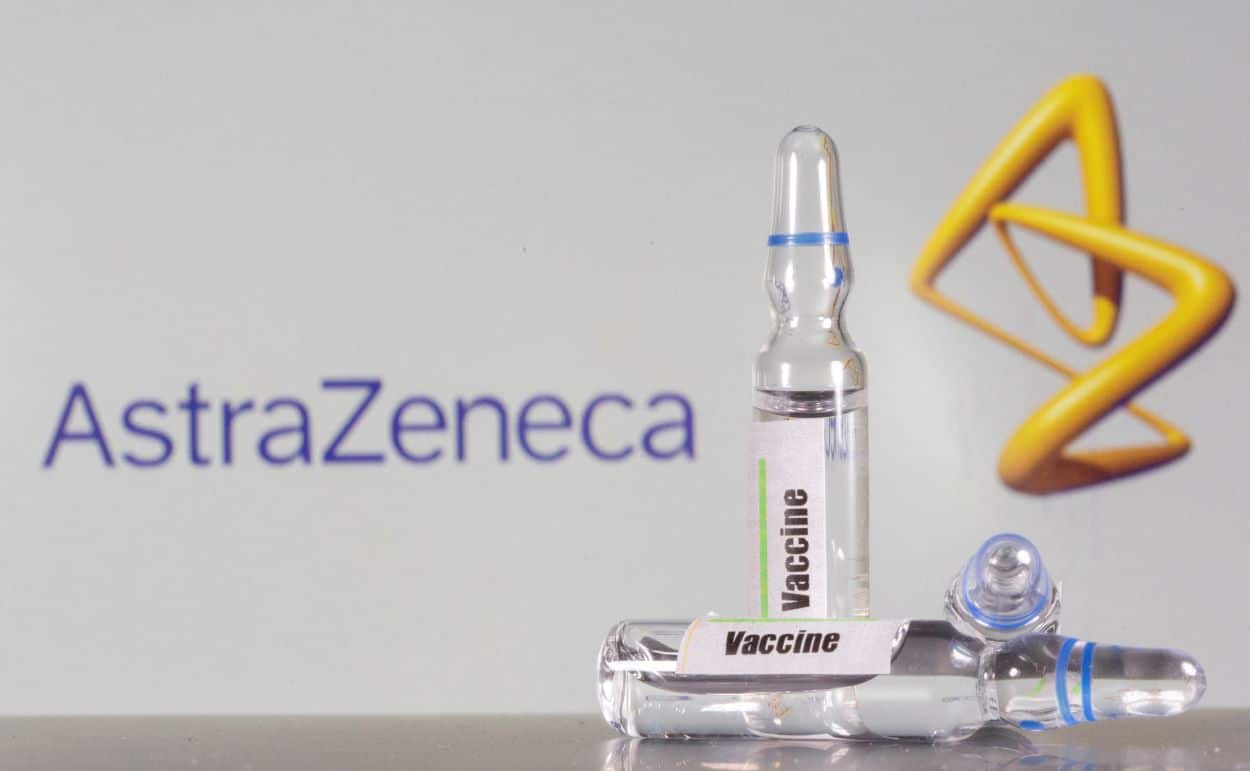AstraZeneca announced that its COVID-19 prevention therapy, Sipavibart, reduced the risk of infection in immunocompromised patients during a late-stage trial, achieving its primary goal.
The therapy, Sipavibart, demonstrated a statistical reduction in symptomatic COVID-19 cases among those with weakened immune systems. Immunocompromised individuals typically include those with conditions like blood cancer, those who have received organ transplants, patients on dialysis for end-stage renal disease, those treated with B-cell-depleting therapy within the last year, and users of immunosuppressive medications.
According to AstraZeneca, approximately 25% of COVID-19 hospitalizations, ICU admissions, and deaths occur among these vulnerable groups despite being fully vaccinated.
Iskra Reic, AstraZeneca’s Executive vice president for Vaccines and Immunotherapies, stressed the importance of COVID-19 protection for immunocompromised patients with few treatment options. Reic declared, “We will collaborate with global regulatory authorities to make Sipavibart available to these vulnerable groups.”
The announcement comes shortly after AstraZeneca withdrew its COVID-19 vaccine, which was once a front-runner in the pandemic response due to an oversupply of updated vaccines available.
This withdrawal was due to concerns over rare but severe side effects such as blood clots and low platelet counts. Facing legal action in London from over 50 parties, AstraZeneca has not commented on the cases, prioritizing patient safety and regulatory standards.






